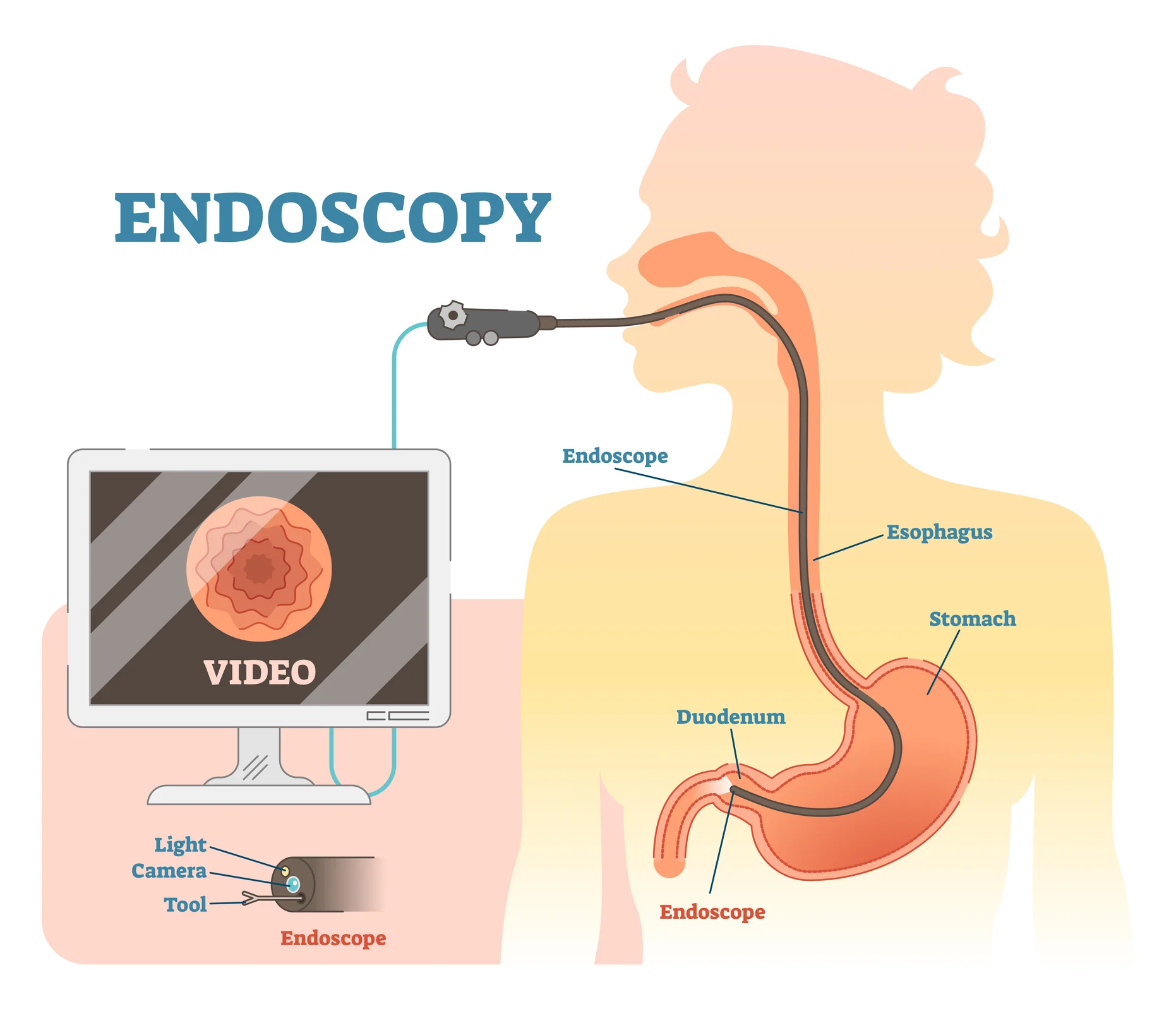
Occasional abdominal discomfort can happen to anyone. It might be caused by something you ate or a stressful period.
However, some symptoms are a sign it is best to see your doctor, especially if they last for more than a few days and you could not pinpoint the cause.
Here are some key indicators and signs your gut needs attention.
Age and Warning Signs
By being aware of these signs and symptoms, you can take charge of your health and seek professional advice when needed.
How to work with your doctor to get clear answers.
It is natural to feel apprehensive about discussing bowel problems with your doctor. But remember, they are healthcare professionals dedicated to helping you feel your best. By working together and communicating openly, you can reach an accurate diagnosis and find the right treatment for a healthier gut.
Here are some tips to empower a productive conversation with your doctor:
Gather Information
Before your appointment, jot down any bowel changes you have experienced, including:
Write Down Your Questions
Consider questions about potential causes, treatment options, and dietary modifications.
Start with a Clear Statement
Instead of focusing on fear, begin with a direct statement like, “I have been experiencing some changes in my bowel habits lately, and I would like to discuss them with you.”
Be Descriptive, Not Dismissive
Use clear, comfortable language to describe your symptoms. Do not hesitate to use common terms like “stool” or “bowel movements.”
Provide Details
The more specific you are, the better your doctor can understand the situation. Do not shy away from sharing details, even if they seem graphic. This information is crucial for diagnosis.
Remember: Do not hesitate to ask for clarification! Your doctor is there to guide you through the process, ensuring you fully understand your diagnosis and treatment plan.
Gastroenterologists are experts on the digestive system, including organs such as the oesophagus, stomach, duodenum, small intestine, large intestine, liver, biliary tract, and pancreas.

Did you know that endoscopic screenings are recommended for people aged 45 and above?
Endoscopes are like tiny cameras on a thin, bendy tube. Doctors use them to see inside your gut and check for any problems. This can help them diagnose issues like ulcers or inflammation, and even treat some problems with tiny tools that fit through the endoscope!
Early detection of potential colon issues can significantly improve treatment outcomes. Endoscopy is a safe and effective procedure that allows doctors to examine the inner lining of your large intestine for polyps or abnormalities. There are different types of endoscopies used for this purpose, and a doctor can recommend the most suitable one for you.
Gastroenterologists at Pantai Hospital Ampang perform these common procedures and more:
Pantai Ampang Hospital is committed to your well-being. We encourage you to schedule an appointment if you have any concerns about your abdominal health.

